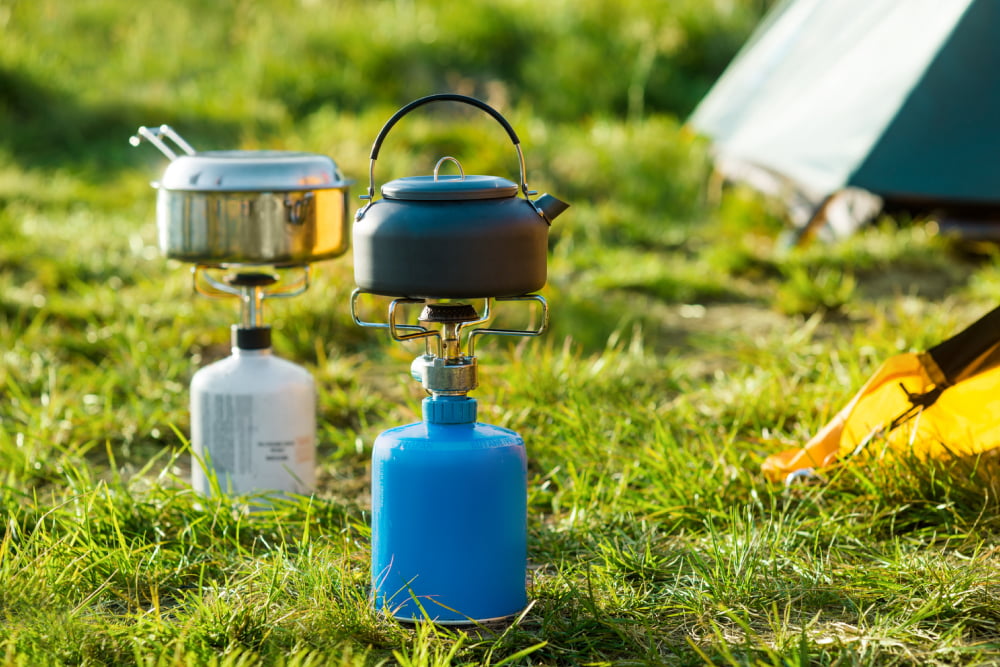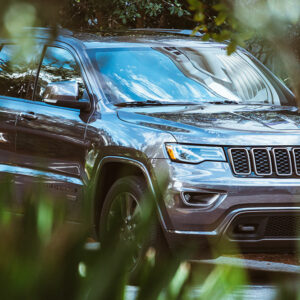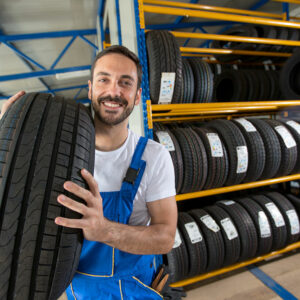5 common outdoor cooking mistakes to avoid

Barbecues or campfire cooking under the night sky with friends and family is always a delightful activity filled with chatter, laughter, and lots of food. But this enjoyable gathering can quickly turn into a disaster if one is not meticulous with the preparation. Some errors can not only affect the cooking but even pose a serious health risk and dampen the overall mood of the activity. Here are some such mistakes and ways to fix them.
Forgetting to carry proper tools
Anyone planning for an outdoor grill must stock up on a set of important tools. These usually include a mandatory grilling set, pots and pans, spatulas, thermometers, utensils, tongs, meat claws, oil brushes, and barbecue skewers. Depending on what one is planning to cook, the essentials may vary. Not having these handy can create a cooking mess or inconvenience and lead to frustration and disappointment.
Ignoring safety
Safety is paramount when dealing with fire and oil, especially outdoors, where wind, dry foliage, and other natural elements may not always be cooperative. So, one is advised to gear up and have some safety measures in place. This is not just to protect the food but also the invitees from any potential disasters. Some common safety features in outdoor cooking include:
- Choosing a worktop that can sustain high heat – at least over 572°F
- Keeping flammable materials away from the cooking areas
- Separating raw food from other perishable items. Improper storage of eatables may cause stomach issues for some.
- Not keeping a spray water bottle or a pile of sand or mud on the side when dealing with open fire.
Forgetting to light up the area
Good lighting is often an underestimated factor in outdoor cooking. When planning an evening or a night barbecue, it’s important to have the place well-lit. One can use solar-powered stake lights for daytime cooking adventures or floodlights, string lights, or LED spotlights for nighttime. It’s also important to be prepared for a power outage. Looking for a torch while the meat is about to burn or placing the phone flashlight too close to the stove is not advised.
Not resting meat
Resting meat for a few minutes after one’s finished cooking allows the juices to get absorbed and redistributed throughout the meat. This enhances the overall flavors of the meat, whether it is chicken, beef, pork, or even fish. Skipping the step can lead to the meat juices leaking out during the cutting process. One can simply take the cooked meat off the burner and rest it for five minutes before serving it.
Not testing at home
It’s important to cook the same meals at home that one plans to prepare at the campfire or barbecue, at least for the first time. This gives an idea of how much fuel, cooking and resting time the meal requires. Being prepared means one won’t have to deal with mishaps or delays on the trail. In addition, testing also gives people time to experiment with recipes and pick the ones that best suit the outdoor set-up.
A successful outdoor barbecue grill majorly depends on effective planning. This includes making a list of all ingredients, stocking up on them, avoiding last-minute hassles, cleaning the supplies and grills, and preparing the outdoor areas well in advance.



